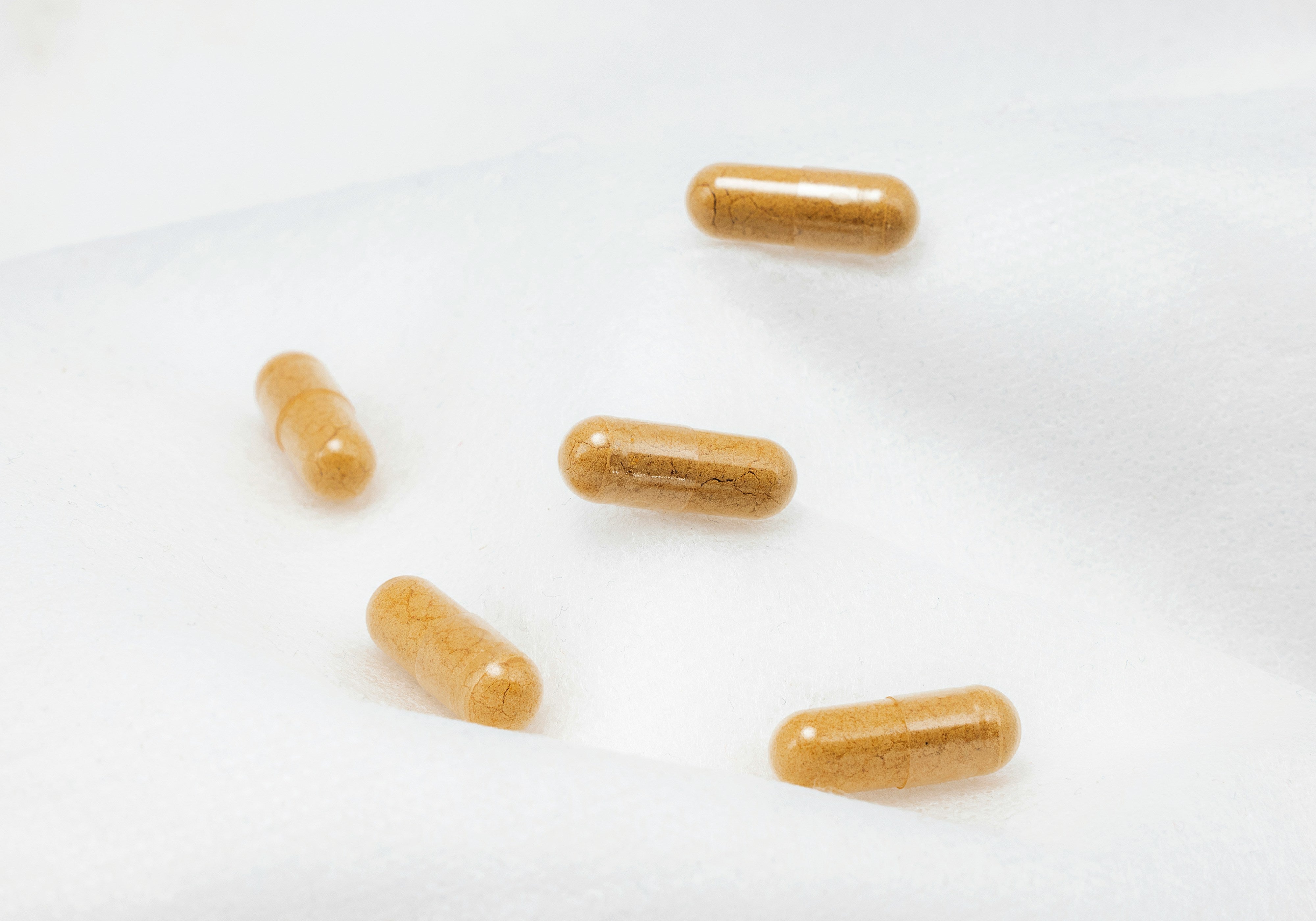When it comes to supplements, many people assume that what’s on the label is what your body receives. You take your daily multivitamin, maybe a few targeted nutrients, and trust that your body is benefiting from them. But the truth is, not all supplements are created equal—and more importantly, not all supplements are equally absorbed.
This is where the concept of bioavailability comes in. Bioavailability refers to how much of a nutrient your body can absorb and actually use. It’s a critical factor in the effectiveness of any supplement, and yet, it’s often overlooked. You could be taking the right nutrients at the right dosages, but if your body can’t access them, it won’t make a meaningful difference.
Understanding the Role of Bioavailability
Think of bioavailability as the bridge between what you take and what your body can actually use. If a supplement has low bioavailability, it means much of the nutrient passes through your system without being absorbed. This doesn’t just limit the benefit—it also wastes your money and gives a false sense of support.
For example, a multivitamin might list 100% of your daily value for various nutrients, but if those nutrients are in poorly absorbed forms or are paired with fillers that interfere with digestion, your body won’t get the full benefit. It’s not about how much you take—it’s about how much your body can use.
What Influences Nutrient Absorption?
Several factors influence a supplement’s bioavailability. One of the most important is the form of the nutrient. Some forms are more biologically active and ready for absorption, while others require conversion processes that your body may not perform efficiently. A good example is vitamin B9: the bioavailable form, L-5-methyl folate, is ready for use immediately, while the synthetic form, folic acid, must be converted in the body—and many people can’t make that conversion effectively.
The delivery method also matters. Liquid supplements and clean capsules tend to offer better absorption because they dissolve easily and don’t contain unnecessary binders or coatings. In contrast, many tablets contain fillers, binders, and other additives that not only reduce bioavailability but can also irritate the digestive system.
Another consideration is whether a nutrient is fat-soluble or water-soluble. Fat-soluble vitamins—like A, D, E, and K—require dietary fat to be absorbed properly. If these vitamins aren’t paired with a fat source in your supplement, your body may struggle to absorb them. However, the type of fat used also matters, which brings us to another key point.
The Problem With PUFA-Based Oils
Many supplement brands pair fat-soluble vitamins with carrier oils, but not all oils are equal. Polyunsaturated fatty acid (PUFA)-based oils like soybean or sunflower oil are commonly used because they’re inexpensive. Unfortunately, these oils are highly prone to oxidation—especially when exposed to heat, light, or air. Once oxidized, they can contribute to inflammation and cellular stress in the body.
At LifeBlud, we avoid PUFA-based oils altogether. Instead, we use only clean, stable fats like MCT oil and organic olive oil to support absorption without the oxidative stress. In our products like Antidote (Vitamin E) and Regulate (Vitamin K2), these carrier oils help deliver nutrients effectively while supporting overall cellular health.
Why Ingredient Quality and Simplicity Matters
Beyond the nutrient form and delivery method, it’s important to pay attention to everything else that’s included in your supplement. Fillers, artificial colours, synthetic preservatives, and other unnecessary ingredients can interfere with how your body absorbs nutrients—or cause irritation that throws your gut off balance.
That’s why we keep our formulas simple and intentional. Every ingredient we include has a clear purpose. If it doesn’t support absorption or function, it doesn’t make the cut. We also avoid trends and buzzwords. Our focus is on formulations that work with your body, not just look good on a label.
The LifeBlud Approach to Bioavailability
At LifeBlud, bioavailability is the foundation of every formula we create. We believe that effective supplementation isn’t about megadoses or trendy ingredients—it’s about giving your body nutrients in the most usable, absorbable forms possible.
That means:
• Using only the most bioavailable forms of nutrients
• Avoiding synthetic fillers and binders
• Steering clear of PUFA-based oils
• Choosing clean carrier oils to support absorption
We’re committed to creating supplements that truly support your health—from the inside out. Because when your body can absorb what you’re giving it, that’s when the real benefits begin.


